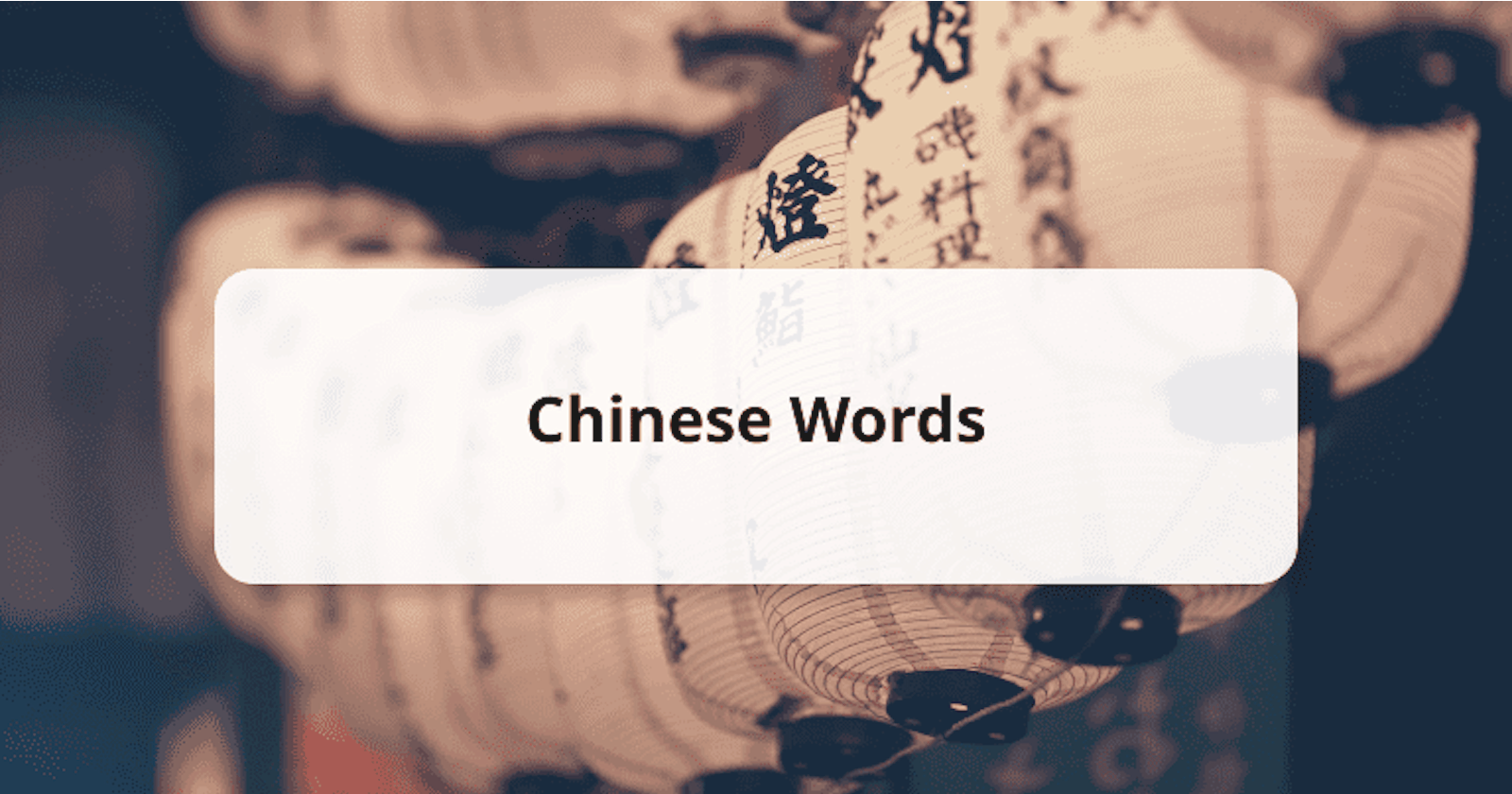Mandarin Chinese is a fascinating yet complex language that may seem intimidating to start learning. However, focusing your initial efforts on some of the most common words and phrases can provide a solid foundation for future Chinese language skills. In this article, we will highlight helpful vocabulary for Chinese beginners.
Greetings:
Some of the most essential Chinese words to know are greeting terms. For example, "Nǐ hǎo" (你好) is a versatile phrase that means "hello" or "how are you." You can use it when meeting someone or checking in on a friend. "Zài jiàn" (再见) means "goodbye," while "Xièxiè" (谢谢) is an essential term for "thank you."
Family Vocabulary:
Learning how to refer to family members in Chinese can help you talk about your relatives. "Māmā" (妈妈) means "mother" and "bàba" (爸爸) means "father." You would address your own mother and father as "wǒ de māmā" (我的妈妈) and "wǒ de bàba" (我的爸爸), using "my" before the words.
Numbers and Counting:
Mastering numbers will help you shop, count change, discuss ages, and more in Chinese. The numbers one through ten in Chinese are: yī, èr, sān, sì, wǔ, liù, qī, bā, jiǔ, shí. Listen to native speaker recordings to learn the proper pronunciations.
Useful Nouns:
Some nouns that are helpful to know in Chinese include words for people like "nǚhái" (女孩 girl) and "nánhái" (男孩 boy). Other useful nouns describe everyday objects like "shū" (书 book), "zhuōzi” (桌子 desk), and “yǐzi” (椅子 chair). Terms for places such as "jiā" (家 home) and "xuéxiào" (学校 school) will also enable you to discuss your surroundings.
Key Verbs:
Verbs are essential for describing actions in Chinese. For beginners, helpful verbs include "chī" (吃 eat), "hē" (喝 drink), and "zǒu" (走 walk). You can also discuss activities like "kàn" (看 watch/look) and "tīng" (听 listen). Verbs for abilities such as "néng" (能 can) and "huì" (会 to know how) are important as well.
Describing Adjectives:
Simple adjectives are extremely handy for descriptions in Chinese. For example, you can say if something is "hǎo" (好 good) or "bù hǎo" (不好 bad). Other useful adjectives include "dà" (大 big), "xiǎo" (小 small), "kùnnán" (困难 difficult), and "róngyì” (容易 easy).
Emotions and Opinions:
Express how you feel and what you think with adjectives like "gāoxìng" (高兴 happy) or "bēishāng" (悲伤 sad). You can say "xǐhuān" (喜欢 to like) or "bù xǐhuān" (不喜欢 to dislike) something. The adjective "hǎokàn" (好看 pretty/good-looking) comes in handy too!
Helpful Phrases:
Useful Chinese phrases include "Wǒ jiào [your name]" (我叫) for introducing yourself. To inquire about something say "Nǐ jiào shénme míngzì?" (你叫什么名字? What is your name?) and "Nǐ néng gàosu wǒ ma?" (你能告诉我吗? Can you tell me?).
Learning basic vocabulary is key to improving your Chinese skills. Focus on simple greetings, family terms, numbers, and other everyday phrases. With some core words under your belt, you'll be prepared to have simple conversations in Chinese. Use online Chinese classes, audio recordings, and flashcards to continue expanding your knowledge.
